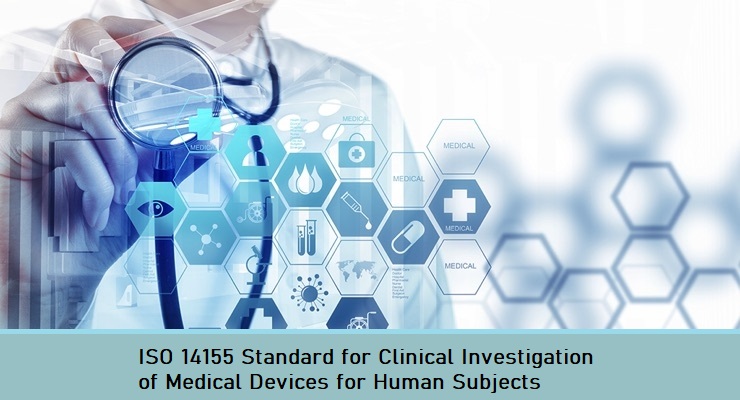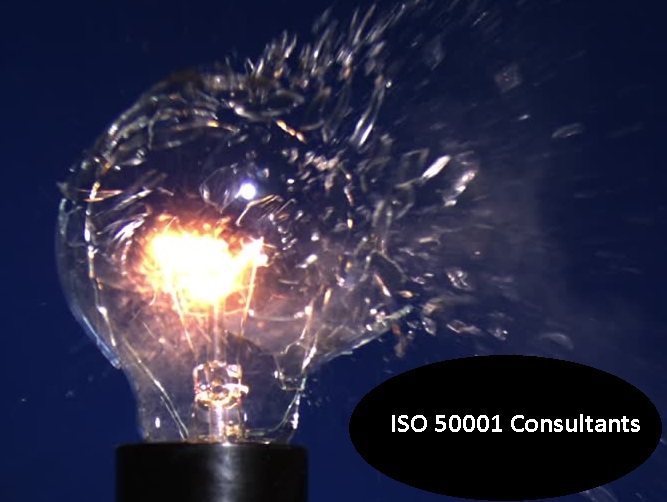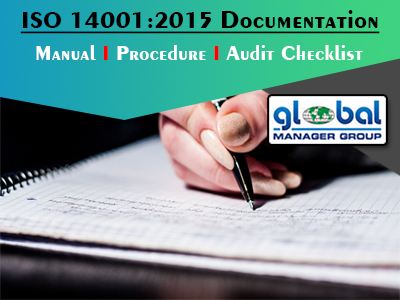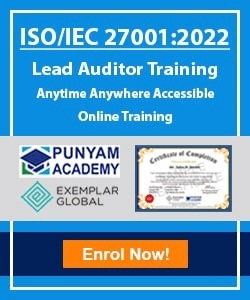
The most effective medical device standard accessible is ISO 13485, which guarantees that all medical devices adhere to legal requirements for regulatory compliance and patient demands. An important certification created to protect staff members and patients in clinics, hospitals, and other medical environments is ISO 13485 certification. A management system standard created expressly for the production of medical devices, ISO 13485:2016 is based on the ISO 9001 process model methodology. The facilitation of unified medical device regulatory requirements is its main goal.
The top management of the firm may be considering hiring a consultant to help with the ISO 13485 implementation process if the organization has made the decision to do so. Choosing an ISO 13485 consultant wisely is one way to significantly improve the chance of success and minimize the time it takes to complete accreditation. In cases where a company chooses to implement ISO 13485 with the aid of a consultant, it is crucial to understand a few variables that will help them choose a candidate who will best suit their requirements.
Many individuals would consider that choosing to employ a consultant for work if they are not particularly knowledgeable about the subject matter is challenging. What are the essential measures for choosing an ISO 13485 consultant then? Here are some of the key steps that an organization must know:
Research and confirm the findings: Using networking tools, it is possible to endorse and comment on a person’s skillset specifically on professional social media networks. Organizations should ask potential consultants for professional references as part of the screening process. Make sure the questions that ask references about their experiences working with the potential consultant are pointed and specific to the deliverables and schedule for completion.
Understand the standard and share it with the team. Make sure the organization has a basis in the standard to be implemented before considering a consultant. Invest in ISO compliance software and spend money on educating employees about the ISO 13485 standard. When the consultant joins the project and starts conveying the requirements and compliance needs, this will give the organization an initial basis of knowledge.
Recognize credentials. Organizations should check the source of a potential consultant’s ISO 13485 knowledge while evaluating their CV or resume. Any certifications of ISO 13485 lead auditor training should come from credible, well-known institutions. In order to ensure that a person has solid experience leading, sustaining, or adhering to the standard over a number of years, the evaluation of on-the-job training should be thoroughly understood. Examine the ISO standard that the potential consultant is familiar with because the new versions are regularly issued and standards are regularly reviewed.
The selection of an ISO 13485 consultant will be influenced by the knowledge of the organization’s risk level. Depending on their level of experience, consultants’ fees can change. The predetermined risk level of the company should be the deciding factor in the organization’s criteria for selecting the best candidate. Even if your company is risk-tolerant, hiring a consultant will eventually affect policy, processes, and everyday operations.
The organization will create a role focused on change management as a result of hiring an ISO 13485 consultant. Every organization should strive to employ consultants in an informed and timely manner. The goal is to avoid the chance of disclosing the important operations of the business without the right legal ISO 13485 documentation, nevertheless. During the recruiting process, the consultant’s confidentiality should be assessed, and expectations should be made very clear. On the other hand, as a company, you must minimize the chance of receiving bad advice. Make sure the possible consultant is who they say they are by checking references, and make sure their personality fits with the company’s culture.












